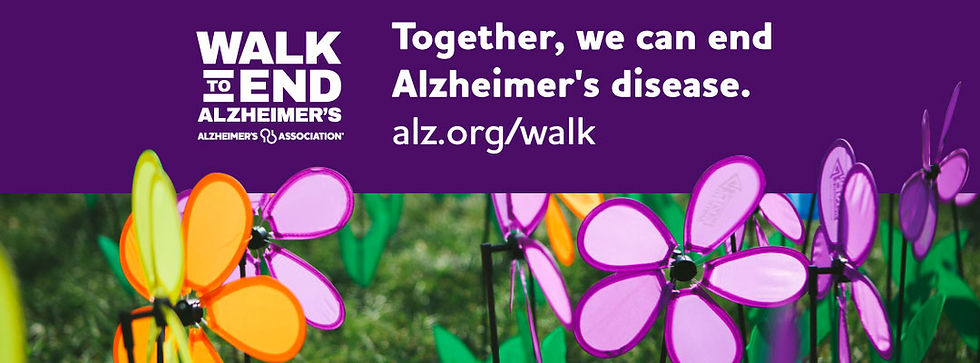When the Weather Gets Hot, Here's How to Cope
- leahetling
- Jun 9, 2025
- 2 min read
As temperatures rise, so do the risks—especially for older adults. Seniors are more susceptible to heat-related illnesses due to changes in how the body handles temperature and certain medical conditions or medications. But with a few smart precautions, it’s easy to stay cool, hydrated, and safe all summer long.
1. Stay Hydrated – Before You’re Thirsty
Dehydration can sneak up fast. Seniors may not feel thirsty until they're already low on fluids. Aim for 6–8 glasses of water daily, even if you're not active. Keep a refillable water bottle handy and consider adding a splash of lemon or cucumber for flavor.
2. Dress for the Weather
Choose lightweight, loose-fitting clothing in light colors. Breathable fabrics like cotton or linen help regulate body temperature. A wide-brimmed hat and sunglasses also provide extra protection when outdoors.
3. Keep Your Home Cool
Use fans or air conditioning if you have them. Close blinds or curtains during the hottest part of the day, and avoid using the oven or stovetop. If you don’t have AC, spend part of your day in a public place that does—like a library, senior center, or shopping mall.
4. Plan Around the Heat
Try to schedule errands and walks during the early morning or late evening when temperatures are cooler. Avoid strenuous activity between 10 a.m. and 4 p.m., the hottest hours of the day.
5. Eat Light and Often
Heavy meals can raise your internal temperature. Opt for small, frequent meals with fresh fruits, vegetables, and foods high in water content like melons, cucumbers, and leafy greens.
6. Watch for Signs of Heat Illness
Know the symptoms of heat exhaustion: dizziness, rapid pulse, nausea, headache, or confusion. If you or someone else shows these signs, move to a cool area, hydrate, and seek medical help if symptoms don’t improve quickly.
7. Check in with Others
Make it a point to call or visit older friends and family members—especially those living alone. A quick check-in can prevent a serious emergency during a heatwave.
8. Talk to Your Doctor
Some medications can affect how your body responds to heat. Ask your doctor or pharmacist if any of your prescriptions may increase your risk, and get guidance on staying safe.
Remember: Staying cool is not just about comfort—it's about protecting your health. A few simple precautions can make a big difference during hot weather.
Stay safe and enjoy your summer!




Comments